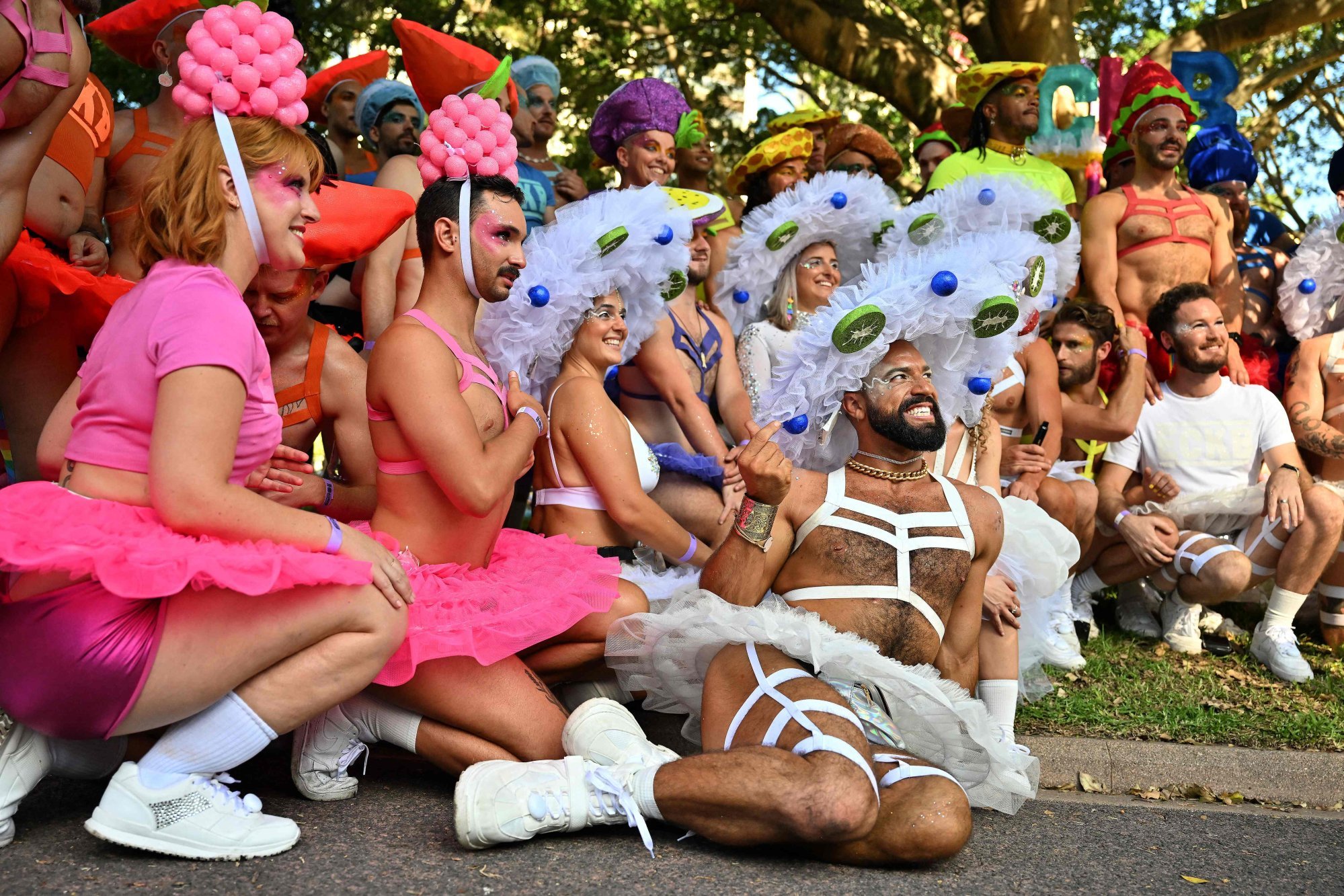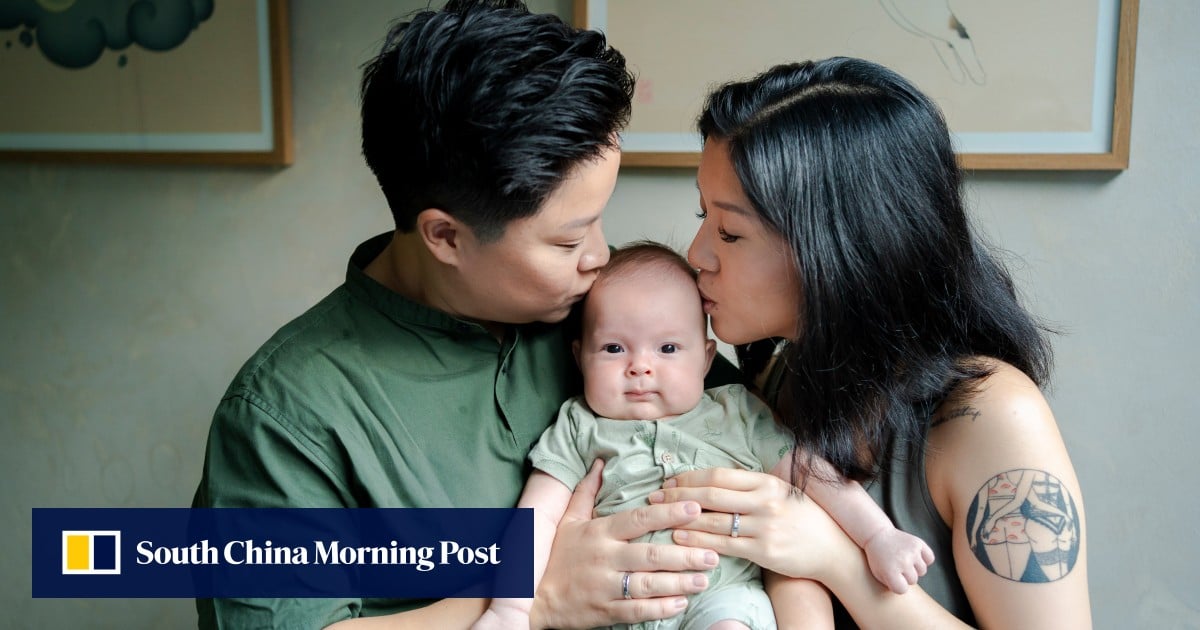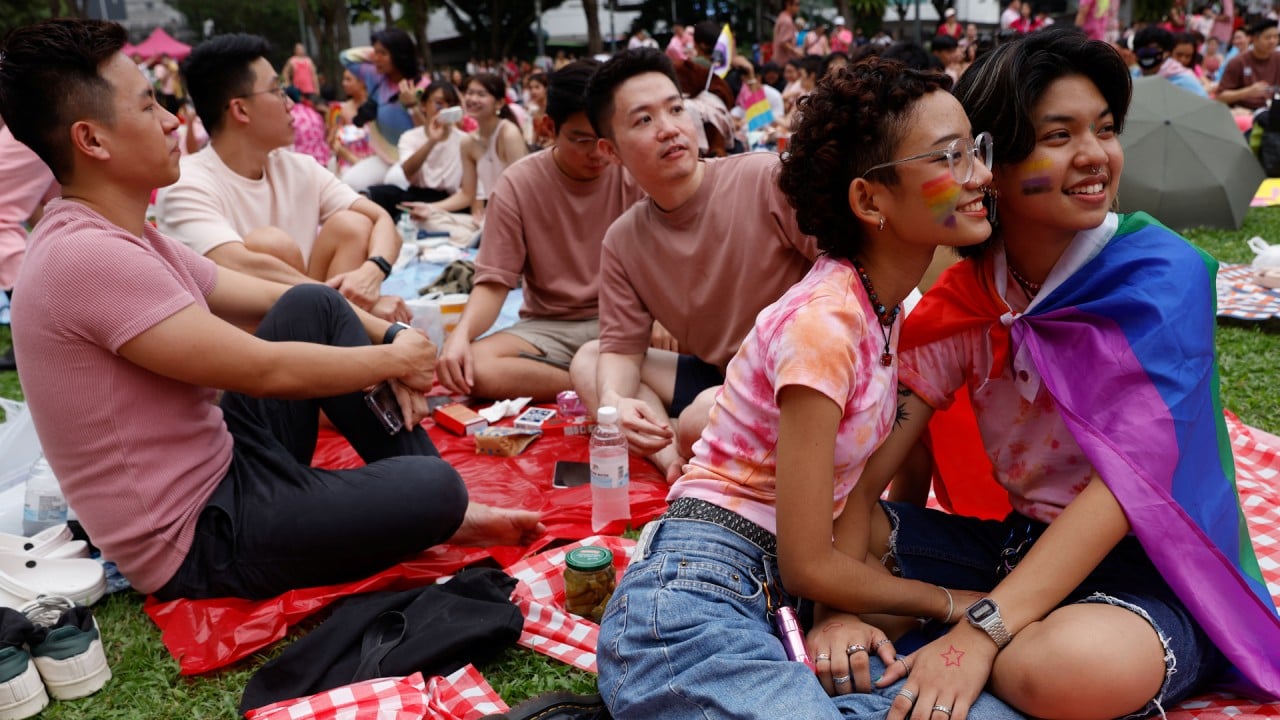Before the ruling, only one of the partners would have been recognised as the child’s parent under existing Hong Kong law.
LGBTQ couples in Singapore – with its similar legal system rooted in colonial-era British common law – certainly took notice of the Hong Kong ruling, but legal experts expect its impact to be limited, given the wider lack of legal protections for non-heteronormative people.
The decision did open a pathway for lesbian couples in Hong Kong to secure joint custody over their children, according to lawyer Evelyn Tsao, who represented one of the women, but “it does not automatically validate all other relationships”.
Many would just rather resign to the fact that the law does not respect their status as a family
“Each family would have to apply to court to get the order for guardianship and joint custody,” she said. “Not many couples choose to do that because they have to spend a lot of time and money to do so, and many would just rather resign to the fact that the law does not respect their status as a family.”
Legal uncertainties
Singaporean couple Ching Sia, 42, and Cally Cheung, 29, had discussed having children on their second date, more than six years ago.
But they knew making that happen would have involved navigating a labyrinth of laws, only to hit the same old stumbling block: being recognised as the child’s legal guardians once it was born.

Cheung became pregnant after just one round of IVF in Australia and gave birth to a daughter last year.
“We are so grateful this process worked for us, but having a child as a queer couple will never be easy,” said Cheung, noting that being able to afford costly IVF treatments abroad was a privilege.
Complicating matters further, Cheung will have to formally adopt her daughter – despite giving birth to her – to avoid the child being classified as illegitimate under Singapore law. But doing so will not grant Sia legal custody.
As queer people, having a child presents its own set of unique challenges and a lot of trepidation
“For queer people, having a child is never going to be an accidental thing, it’s a very conscious decision that you plan for,” Sia told This Week in Asia.
“The process of going through IVF … it’s a marathon, not a sprint. It is full of excitement but also full of heartbreak,” she said. “And as queer people, having a child presents its own set of unique challenges and a lot of trepidation, which we continue to face even after the birth of our daughter.”
Their daughter is now 8 months old, but Cheung and Sia continue to wrestle with anxieties resulting from the absence of legal recognition for their family.
“Let’s say something was to happen to Cally, I will have no legal relationship with our child, and that’s something that can be quite scary for us,” Sia said.
“We wanted to show excitement when our baby was born, but some part of us was scared, and may always be scared of what challenge might come next.”
And while court cases like the recent ruling in Hong Kong offer a glimmer of hope, the couple are under no illusions that legal acceptance in Singapore of their non-heteronormative family will be a long time coming – if it comes at all.
“Of course as activists we are hopeful for change, and hope one day that legal structures are put in place that support all kinds of families, but our priority right now is raising our daughter,” Sia said.
Many same-sex couples feel the same way, according to Hong Kong lawyer Tsao, who has seen first-hand the amount of courage and resilience it takes for clients to go through the “trouble and uncertainty of litigation”.
“But there is still an emotional toll,” she said. “Parenthood is already stressful, and litigation adds on to that stress … a lot of families would rather ignore the broader legal landscape and just focus on what they have under the status quo.”

Hidden challenges
Around 13,500 children in Australia were living in a household with same-sex parents in 2021, according to the latest census data, up from some 3,400 two decades before in 2001.
This can be attributed to “changing social norms and direct changes to legislation and regulations,” said Jaya Keaney, a gender-studies lecturer at the University of Melbourne.
But there are some hidden challenges that LGBTQ couples continue to face, such as being excluded from government-funded schemes for fertility treatment.
There have been very significant strides in legal reforms and protections … [but] an improvement in social attitudes should not be taken as a given
In New Zealand, same-sex couples can only access IVF treatment if they pay for it themselves, leading Ryan Curran and Jerome Pacquing, a gay couple from Tauranga, to launch a crowdfunding page in 2019 seeking NZ$25,000 (US$14,750) in donations towards IVF treatment for their first child.
They closed the fundraiser a year later after only NZ$800 was donated.
Despite increasing awareness, visibility and acceptance of LGBTQ couples in many places, Keaney said “it is not a simple story of linear progress”.
Australia to stop schools expelling gay students
Australia to stop schools expelling gay students
“There have been very significant strides in legal reforms and protections, as well as access to reproductive rights, due in large part to the work of activists … and this has increased social acceptance for diverse family structures,” she said.
“But we are also in a time where access to fertility and reproductive justice for queer families can also become easily politicised … so an improvement in social attitudes should not be taken as a given.”

